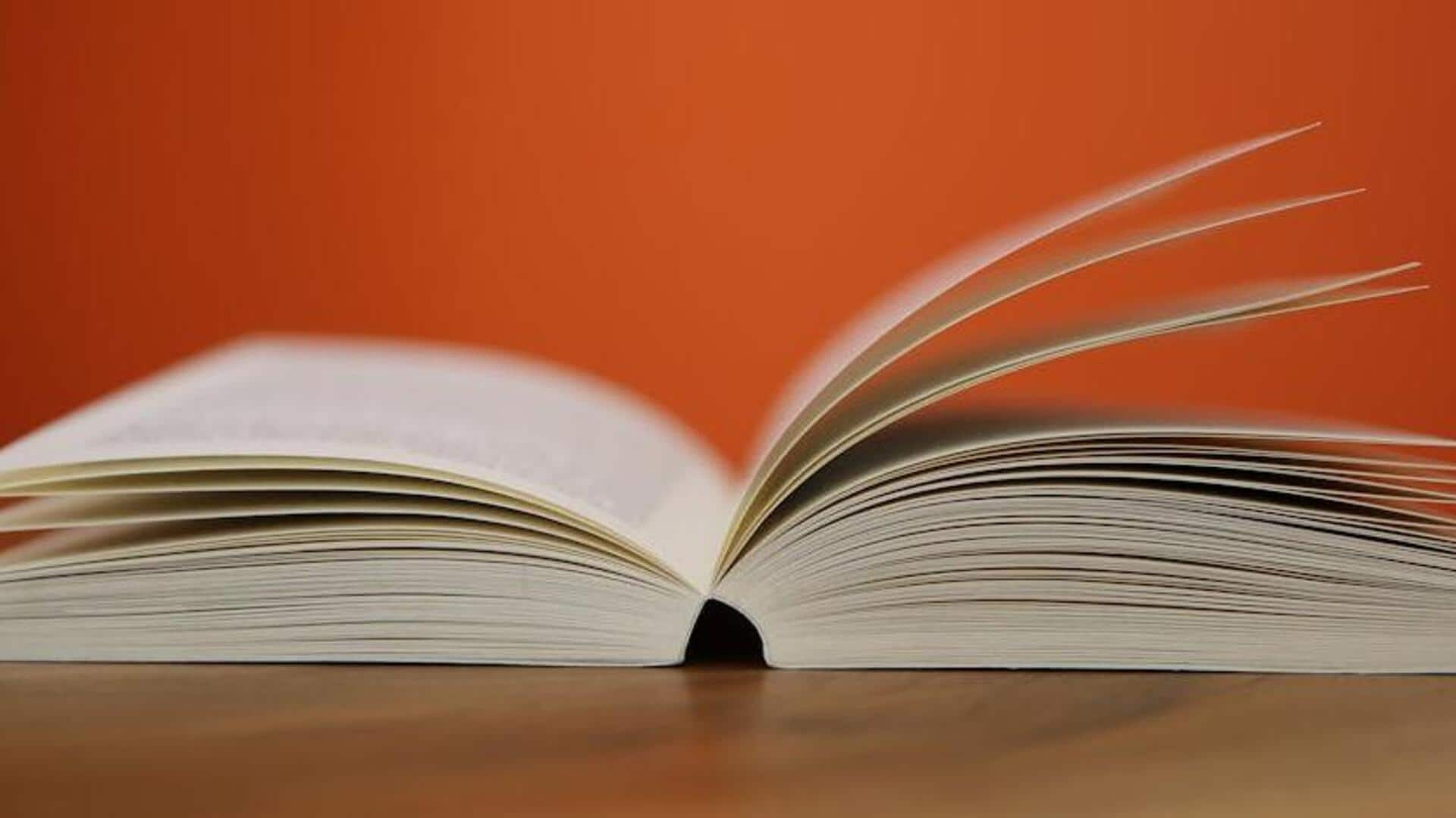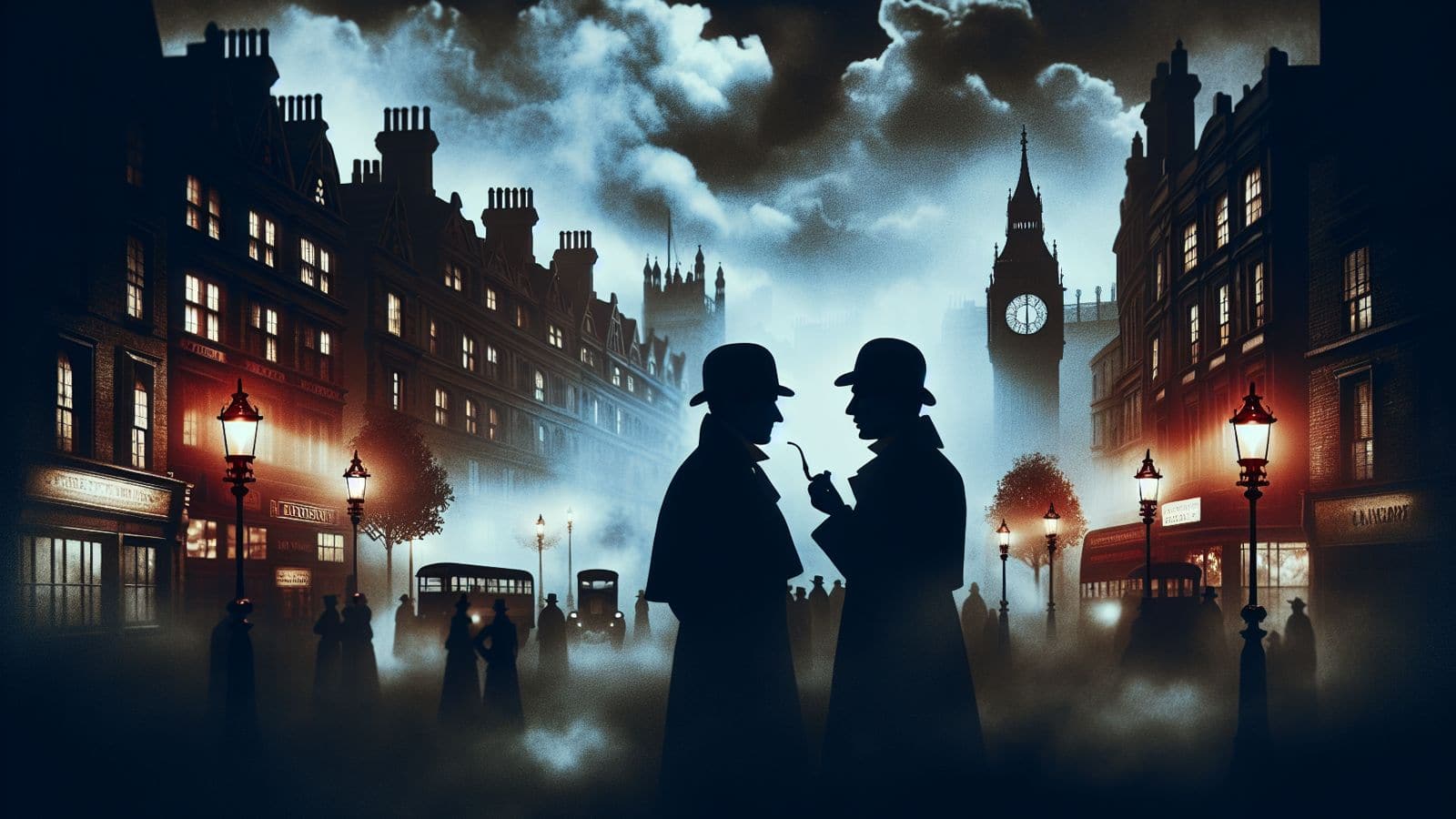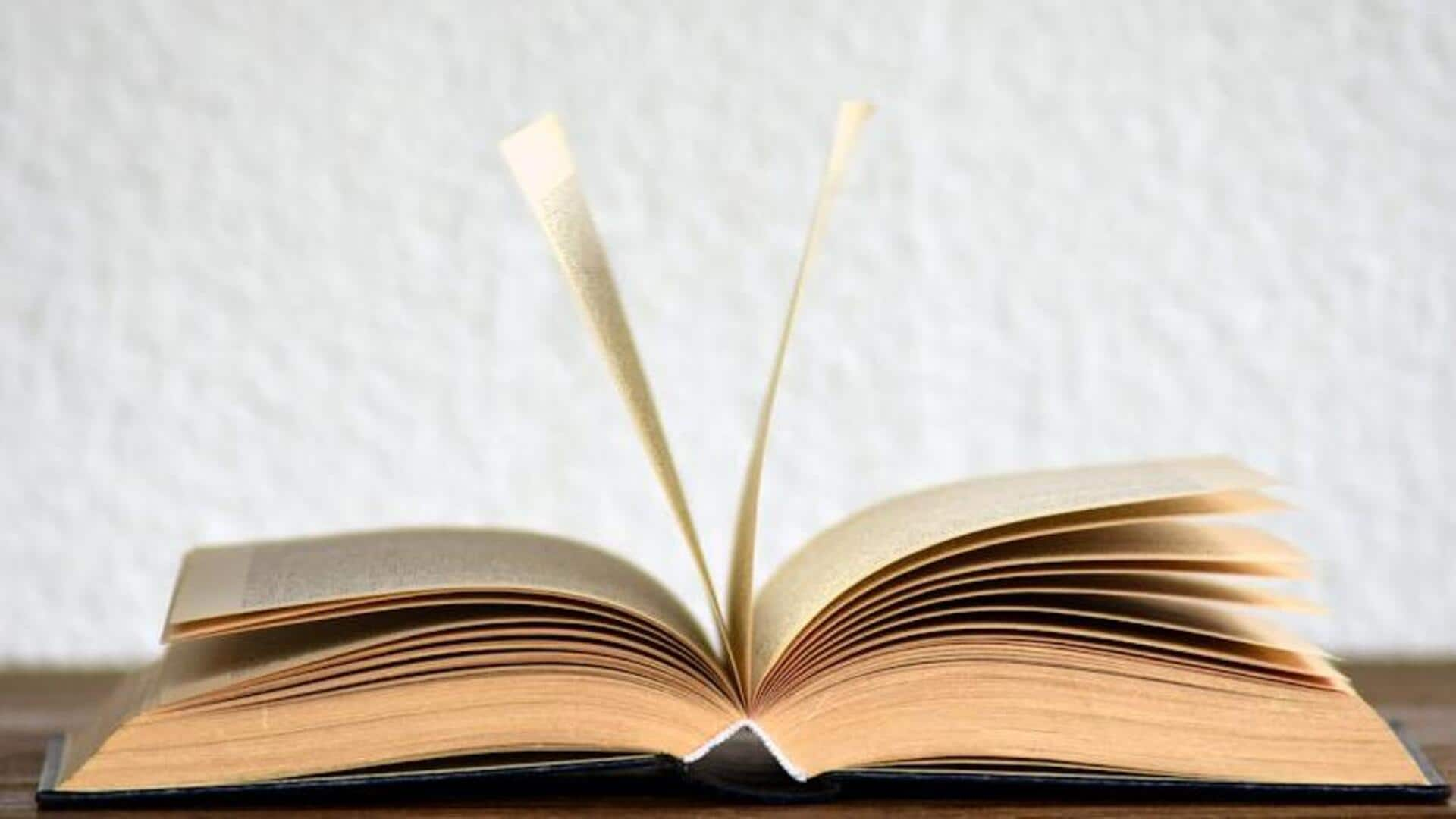
Echoing '1984': Top dystopian fiction books to bookmark
What's the story
Dystopian fiction often provides a critical lens through which we can examine society and its possible downfalls.
George Orwell's 1984 is a seminal work in this genre, depicting a totalitarian regime that manipulates truth and surveils its citizens.
For readers fascinated by the themes of control, rebellion, and surveillance, the following books offer similar chilling glimpses into various dystopian futures.
Book 1
'The Handmaid's Tale'
In The Handmaid's Tale, Margaret Atwood crafts a chilling theocratic dystopia.
Women, bereft of rights, are reduced to reproductive servitude roles.
This narrative resonates with 1984 through its dissection of power dynamics, gender politics, and the erosion of individual autonomy.
It stands as a compelling read for those interested in the disturbing ways societal structures can be manipulated and controlled.
Book 2
'Brave New World'
In Brave New World, Aldous Huxley constructs a meticulously organized society where humans are genetically tailored for predetermined roles.
This future, superficially utopian, echoes 1984 in its trade of freedom for the illusion of stability.
The novel presents a society devoid of individuality, echoing Orwell's fears about the dangers of enforced conformity and excessive state control over personal freedom.
Book 3
Youth against the machine
In the Divergent series by Veronica Roth, a society is split into factions that prize distinct virtues.
The protagonist's odyssey echoes Orwellian themes of truth and deception as she challenges the seemingly orderly world around her.
Tackling propaganda and societal expectations, the narrative invites readers to explore the bravery needed to confront and question deeply ingrained norms.
Book 4
'The Circle'
In The Circle by Dave Eggers, readers are plunged into a digital dystopia where privacy is an antiquated concept.
The narrative unfolds within the walls of a tech company that aims to monopolize personal data, challenging the very notion of privacy.
This modern reflection of 1984 compels readers to weigh the costs of connectivity against the sanctity of personal space in our digital age.
Book 5
'The Hunger Games'
In The Hunger Games trilogy by Suzanne Collins, readers are catapulted into a bleak post-apocalyptic world.
Here, districts are forced into a brutal televised competition where they fight to the death.
This series echoes 1984 with its oppressive government and the use of public manipulation tactics, while also critiquing media's role in using entertainment as a mechanism for control.
Poll

